Leigh is an author, speaker and world traveller on a mission to protect the human rights of the most vulnerable members of societies – children.
Leigh has been working in the ‘giving back’ sector for the last 15 years. In that time she has set up her own NGO in Cambodia, worked as a human rights monitor, won a whole bunch of awards, burnt out, had two children, learned life lessons, set up a consulting company, co-founded the ReThink Orphanages Network, travelled the world, written a book, started a podcast, and spoken to audiences globally.
Leigh believes the ways in which we practice doing good also has the potential to do immense harm. She’s curious about why, and how we do good and is focussed on helping others understand this too.
Challenging preconceived ideas, unpacking motivations to do good, and shining a light on the ethics of doing good is Leigh’s mission.
We chatted with Leigh to find out what drives and inspires her to travel and change the world in the way she does.
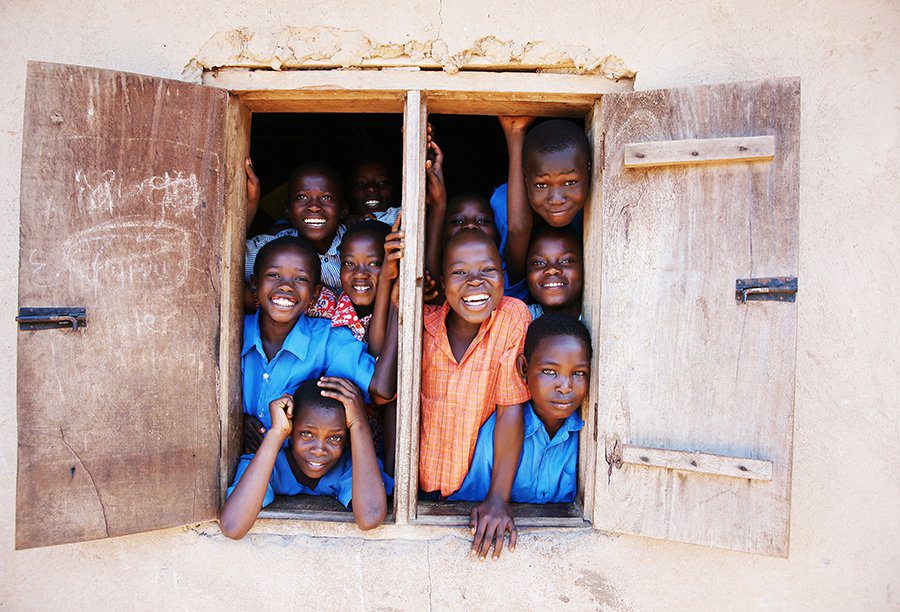
What was it that inspired you to join the travel industry?
My work in the international development and child protection sector led to my involvement in the travel industry, specifically through co-founding the ReThink Orphanages Network which tackles the unnecessary institutionalisation of children.
One of the biggest drivers for children ending up in orphanages is the demand from well-meaning travellers to ‘give back’ to local communities. This demand creates a market and results in the need for a ‘supply’ of vulnerable children.
Unfortunately, this can mean that children are separated from their families, and bought, sold and leased into and between orphanages in order to meet this demand.
Through my work with companies such as Intrepid and World Challenge, I’ve worked to support the implementation of protection and safeguarding mechanisms for host communities, and a shift away from the traditional ‘voluntourism’ model.
I think that the travel industry holds a huge responsibility for protecting communities and environments in destinations, and along with that responsibility comes enormous opportunity to create a positive impact that moves beyond tokenism and meaningfully contributes to development objectives.
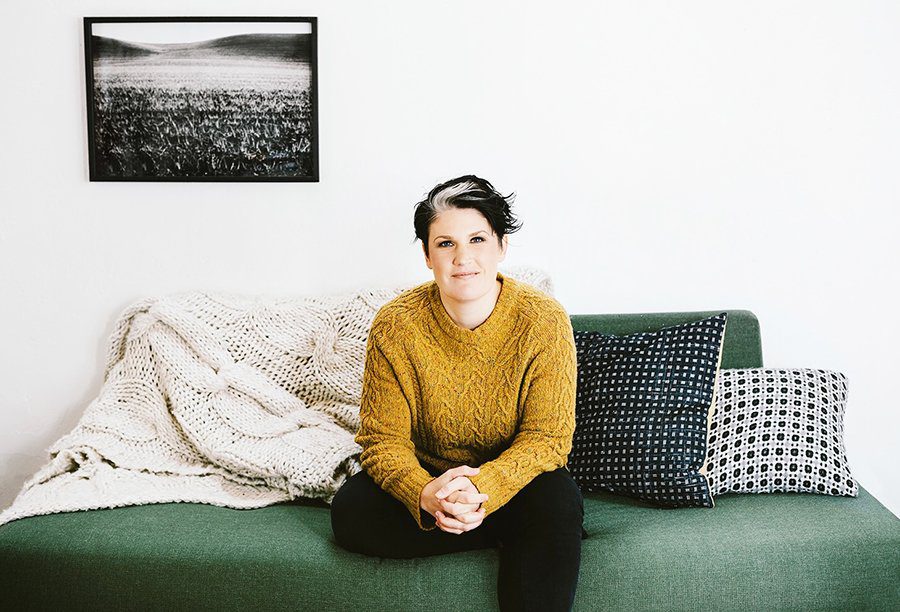
Where has been the most sustainable and/or inspiring place you have visited and why?
I want to quote a very dear friend and colleague of mine, Claire Bennett of Learning Service who said: “the most sustainable places are not visited”.
A question like this raises thoughts about the impact of tourism on communities, both positive and negative.
We can’t stop the march of progress, and we are not in a position to deny communities access to the economic benefits of tourism, however, it is crucial that every effort is made to engage communities in the process, and to safeguard them from any negative impacts.
I’m not sure I’ve visited anywhere yet that meets those parameters, but I’m open to hearing more about efforts to do so!
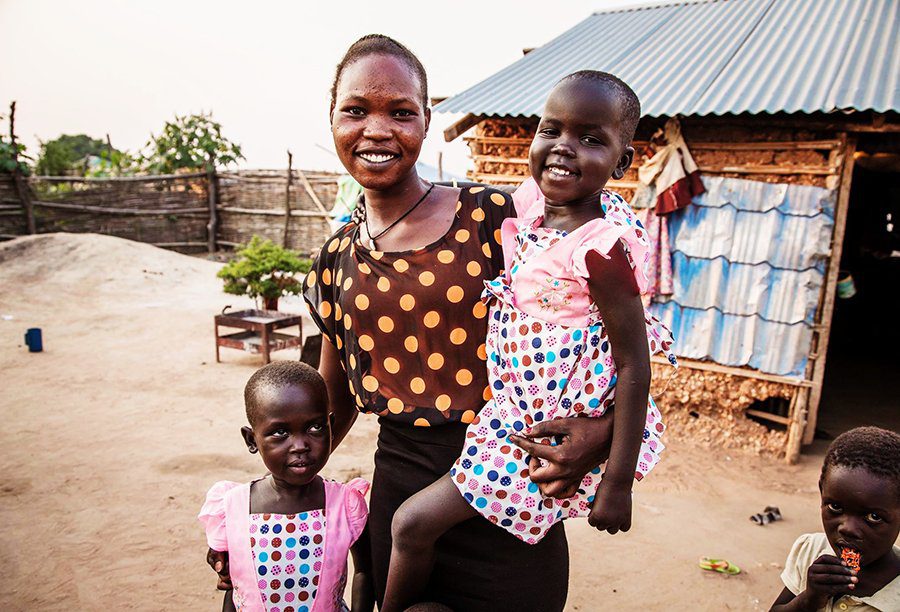
What concerns you about the long term impact of travel on people, animals and the planet?
A lot of my work centres around the exploitation of communities and environments through their exposure to the travel industry.
I’m particularly concerned with how children are impacted, as we know they are the most vulnerable members of societies, and often experience the worst impacts.
Often, efforts to ‘help’ children in destination communities are driven by the best of intentions but often end up causing harm. A perfect example of this is orphanage voluntourism, where children are separated from their families, trafficked into orphanages, and forced to interact with strangers, who then donate to the orphanage.
We know that growing up in an orphanage results in poor outcomes for children who experience developmental and learning delays, attachment disorders and that the impact of these experiences is lifelong and intergenerational.
Through my work, I support travel industry clients to ensure that vulnerable communities are informed, equipped and able to support their most vulnerable members – children.
I believe that the travel industry needs to invest meaningfully in examining past and current practices around destination community engagement and making a shift toward more ethical products.
Do you think travel can change the world?
I certainly believe that travel can and does change the world, although not always positively.
Past and current practices, specifically in the area of community engagement and service projects have caused far more harm than good, and it will take time, effort and resources to unpack mistakes and shift business models.
I do believe that the travel industry as a whole is moving toward a deeper understanding of their responsibility toward host communities and environments and demonstrating an intention to do better.
My work involves harnessing the capacity of travel to support development objectives in destination communities and to shine a light on how we, as individuals can make better choices around how and where we travel, and who we engage with.
I discuss many of these issues on my podcast.
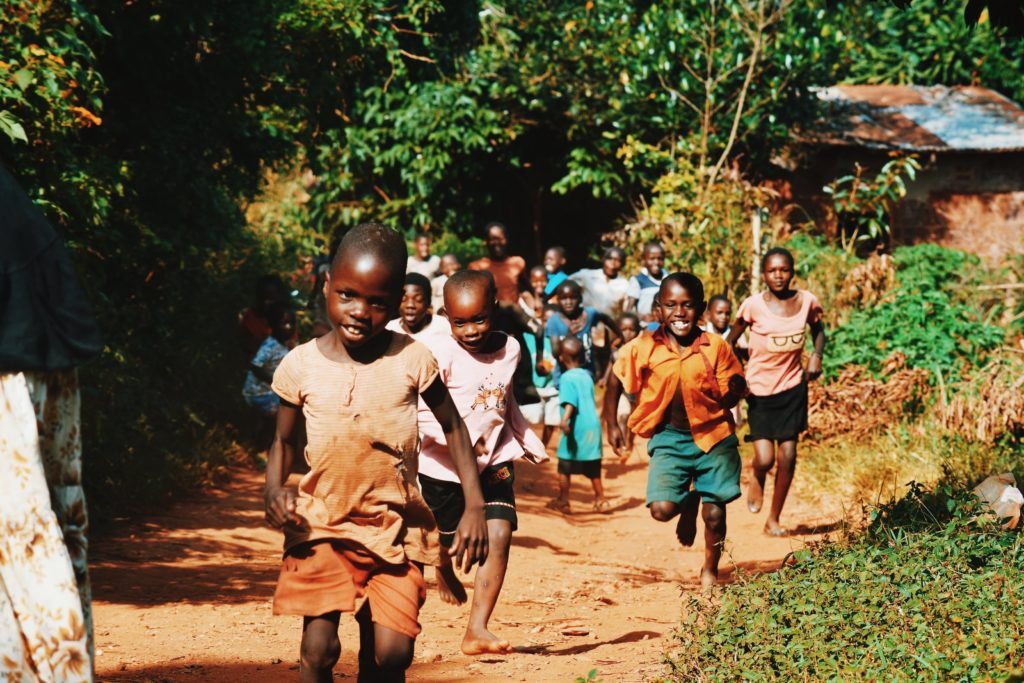
Are you seeing positive change happening in responsible and sustainable travel?
Over the past few years, I have certainly seen a shift in awareness of the concept of responsible and sustainable travel.
I think there has rightly been a focus on the environmental impacts of travel in destinations, and that the industry has come a long way in improving practices around sustainability.
In terms of responsible travel, or the impact of travel on communities, I think we are starting to see meaningful engagement from the industry, however often this is driven by criticism of particular practices (orphanage voluntourism for example), and the need to mitigate reputational risk.
I think we need to move beyond this and focus on integrating responsible and ethical practices throughout business models and supply chains.
By doing so, travel companies will see an increased market share, improved staff engagement, and build an evidence base for their positive impact in communities.
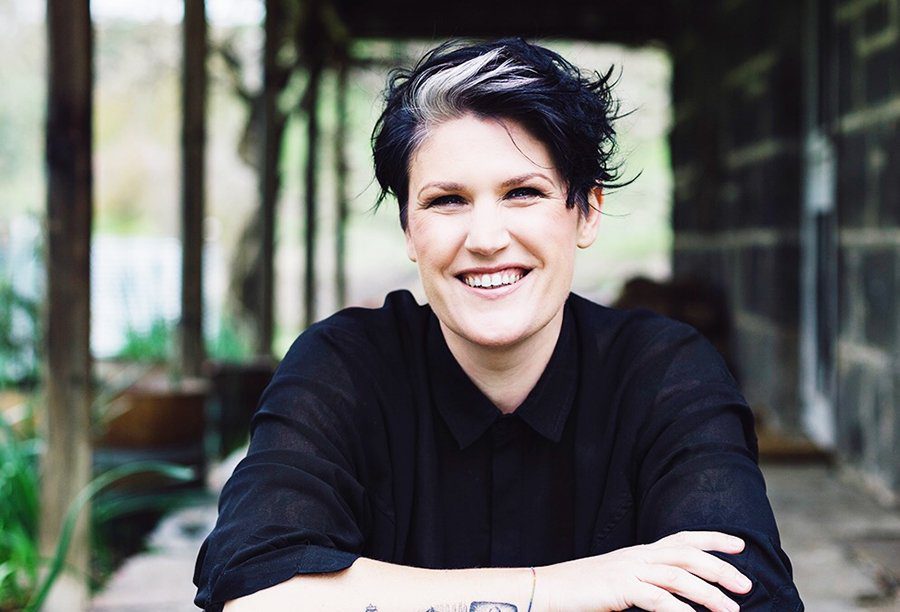
Is there a particular moment or milestone in your life, that changed your outlook on things and inspired you to want to make a change?
I’ve always wanted to help others, ever since I can remember. I’ve always been interested in, and part of activist and advocacy movements and agitated for change.
I co-founded ReThink Orphanages in response to seeing the proliferation of orphanages in Cambodia, with no associated increase in the number of actual orphans. I realised that if we didn’t address the sending of volunteers and money from places like Australia to orphanages overseas, we wouldn’t see positive outcomes for children.
I realised that engaging the travel sector was key in making real change for these children, and it has worked.
The ReThink Orphanages Network is now global, with hubs in Europe and North America, and we won the Silver Award for the World Responsible Tourism Awards at World Travel Market 2018 for our work.
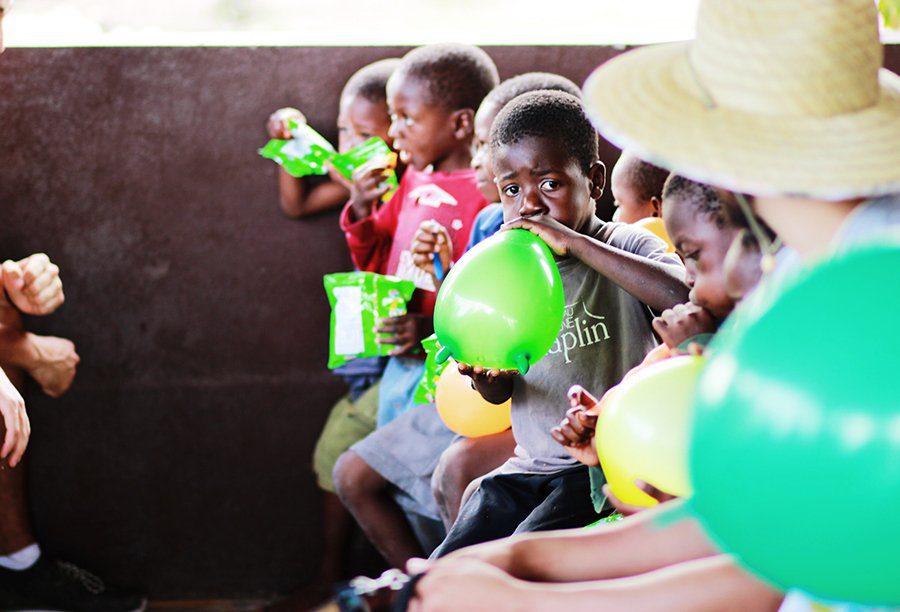
What advice would you give to people wanting to travel more responsibly?
Being a responsible traveller does not mean you need to ‘give back’ through volunteering, or visiting projects.
I think there is a misconception that in order to feel like we’ve given back, we have to engage in an act of service, or ‘witness’ the social challenges occurring in that destination.
I often say to travellers that sometimes, the best way to contribute is simply to travel responsibly: stay in locally owned accommodation, spend your money in locally owned establishments, be mindful of your water and food consumption, minimise plastic use, and respect local culture and community.
The simple act of spending your money locally stimulates the local economy and empowers community members to self-determine what it is they need, and how they will secure it.
Find out more: loveyougive.org & altoglobalconsulting.com
How can you travel to change the world?
Congratulations! By reading this post and taking some of these insights on board, you’ve already made a difference.
Now you can easily create your own impact by sharing your new-found knowledge. Share this link to a friend who you think would be interested or post it on your own social media.
Ultimately, it all comes down to staying curious, keeping yourself up-to-date and making yourself accountable for your actions on your travels.